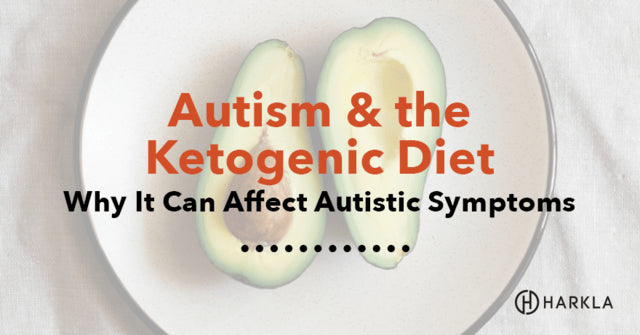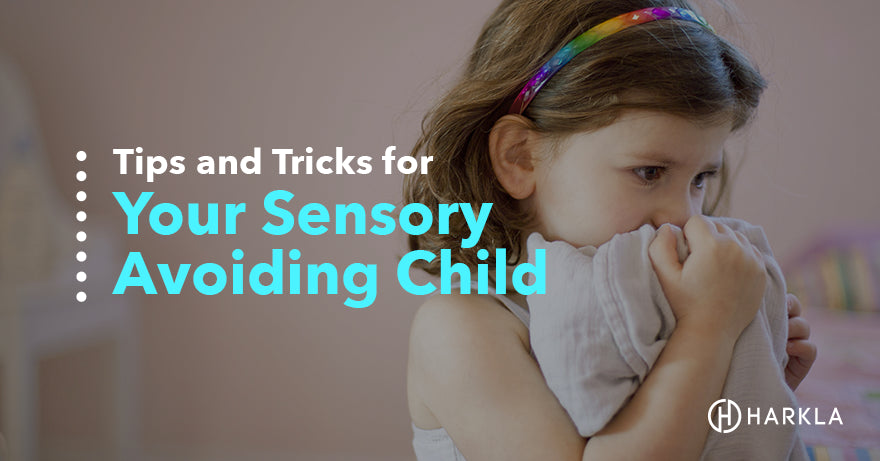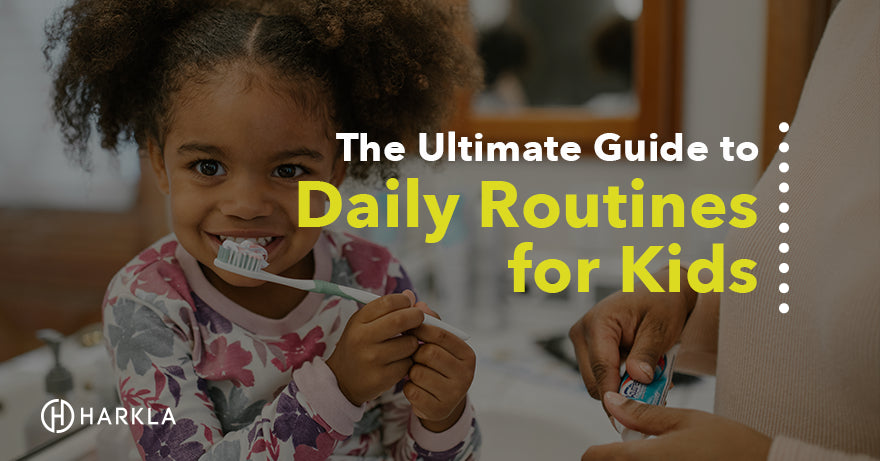Your Cart is Empty

When it comes to autism spectrum disorder, diet may not be the first thing you think of that could have a positive effect. However, as we'll discuss below, it does appear that improving someone with autism's diet could have a positive impact.
If you haven't yet, I would recommend checking out our article on how the Paleo diet could help improve autistic symptoms as well. Often times, it works well for children with autism and is easier to pull off than the ketogenic diet is, which we’ll be discussing in this article.
If you want all the articles from this series in a nicely designed eBook, simply click below and enter your email address. We’ll send it to you right away.
The ketogenic diet is a diet that is low carb, moderate protein, and high fat. This is similar to the paleo diet but differs in how low you need to keep the carbs and how high to keep the fat.
A ketogenic diet starves the body of glucose (what carbohydrates turn into in the body and what most humans run off of), to the point that the body starts breaking down fat into ketones.
These ketones can be used to run the body like glucose was doing. When people are running on ketones, they are in a state called ketosis.
The thing about the Ketogenic diet is that you have to keep your fat very high and typically monitor your blood ketone levels. Like always, I recommend working with a doctor before implementing anything you read on the internet.
So this is a very common concern and is an area where there is a lot of confusion around. The first thing to understand is that there are six different types of fats, three of which are good and three of which should be avoided.
Monounsaturated Fats
This type of fat is most commonly found in avocados and nuts, like almonds or walnuts. Olive oil is another common source of monounsaturated fats. They’ve been shown to raise good cholesterol while lowering bad cholesterol
Polyunsaturated Fat
If you’ve heard of omega-3 and omega-6 fats, this is polyunsaturated fat. You need to have a 1:1 balance of omega-3 fats with omega-6. This is often a problem for a lot of people because omega-6 fats are so much more common than omega-3’s. You get omega-6 fat from vegetable oil, which is used to cook almost everything in. You have to get omega-3 fats from salmon and fish oil supplements.
Saturated Fat
This is where most of the confusion with fats comes in. We have been lead to believe that saturated fats clog our arteries, when in fact is very healthy for our body, and would be a main source of energy if your child was on the ketogenic diet.
The real science behind saturated fats is that they actually increase the good cholesterol (HDL) in your body while lowering the bad cholesterol (LDL).
Here is a list of studies that support this.
Saturated fats lowers LDL:
Saturated fats raise HDL:
I have a long list of studies that support this, but you probably get the point by now. Saturated fats are actually healthy for us while having a low-fat diet can be unhealthy. If you’d like the long list of studies, let me know in the comments.
Hydrogenated and Partially Hydrogenated Oils
These fats are chemically altered saturated fats. The food industry has altered these to have a high melting point, smooth texture, and to be reusable as deep-frying oil. You will want to make sure you are avoiding these, as they are very unhealthy. The FDA actually has made using partially hydrogenated oils illegal to use in human food… which is sad that they were allowed in the first place.
Trans-fatty Acids
This type of fat comes from chemically altering polyunsaturated fat. It gives food a longer shelf life. The FDA is investigating if these are even safe to be used in food.
Omega-6 Cooking Oils
We touched on omega-6 before. This specific type of omega-6 is chemically altered to be a cooking oil and lead to us consuming way too much omega-6 in comparison to omega-3. This article has a nice cooking oil table towards the bottom to help decide which are best to use.
So here is a quick list of where to get the healthy fats from
At the bottom, in the more resources section, I’ve included a cookbook that would be a great addition to help come up with meal ideas.
One meta-analysis (a study that looks at the data from a bunch of studies) found that “The limited number of reports of improvements after treatment with the KD is insufficient to attest to the practicability of the KD as a treatment for ASD, but it is still a good indicator that this diet is a promising therapeutic option for this disorder.”
Also, like paleo, the ketogenic diet is good for your gut bacteria. It’s been used to help those with other neural conditions, like reducing seizures and behavioral problems.
So there isn’t a ton of data to back up the ketogenic diet for autism, but at this point in time, it is promoting. And if you’ve already tried the paleo diet, then there is hope in the ketogenic diet.
Families often ask what real benefits the keto diet and autism connection might bring. While research is still limited, some studies and parent reports suggest that the diet may help in a few key ways:
Behavioral improvements - Some children show reduced hyperactivity, fewer repetitive behaviors, and better social interaction.
Better focus and attention - Running on ketones instead of glucose may support brain energy and help with concentration.
Seizure control - Since the keto diet was first developed for epilepsy, it can sometimes reduce seizures in children with autism who also have epilepsy.
Gut and metabolic health - By changing the way the body uses energy, keto may improve digestion, reduce inflammation, and support more balanced blood sugar.
It’s important to remember that results vary from child to child. Not every autistic child will see the same benefits, and more research is still needed. But for some families, trying a keto diet for autistic child under medical supervision has been a helpful part of supporting their child’s overall well-being.
Starting theketo diet for autism should always be done with professional guidance. Here are the key steps most families follow:
Consult a doctor or dietitian - Every child has unique needs. A healthcare provider can help decide if keto is safe and appropriate.
Plan meals carefully - Build a meal plan with high-fat, low-carb foods your child enjoys.
Transition gradually - Slowly reduce carbs instead of cutting everything at once to make it easier on your child.
Monitor progress - Track your child’s behavior, energy, and any side effects. Some families also use ketone strips or blood tests to confirm ketosis.
While the keto diet for autism could be helpful, Paleo is easier to pull off, so it could be easier to start with that. You can read more about the Paleo diet for autism here.
With a ketogenic diet, you have to keep the carbs low because giving your child more than 50 grams of carbs a day could kick them out of ketosis. However, there are ways to up the carb intake if you supplement with ketones to keep your body in a state of ketosis.
The way I would approach it is to focus on going paleo with your child, along with hitting the rest of the protocols and steps. Then if you don’t see improvement or your child plateaus, I would work with your doctor to try out a ketosis diet for them.
Just like paleo, there are a ton of books written on ketosis. If you want to look further, here are a few to check out.
So there you have it! The latest research on ketosis and autism. If you’d like to have more studies about the benefits of a higher fat diet, let me know in the comments. I’m also happy to answer any further questions.
If you enjoyed the article, we’d really appreciate a share!
Comments will be approved before showing up.


